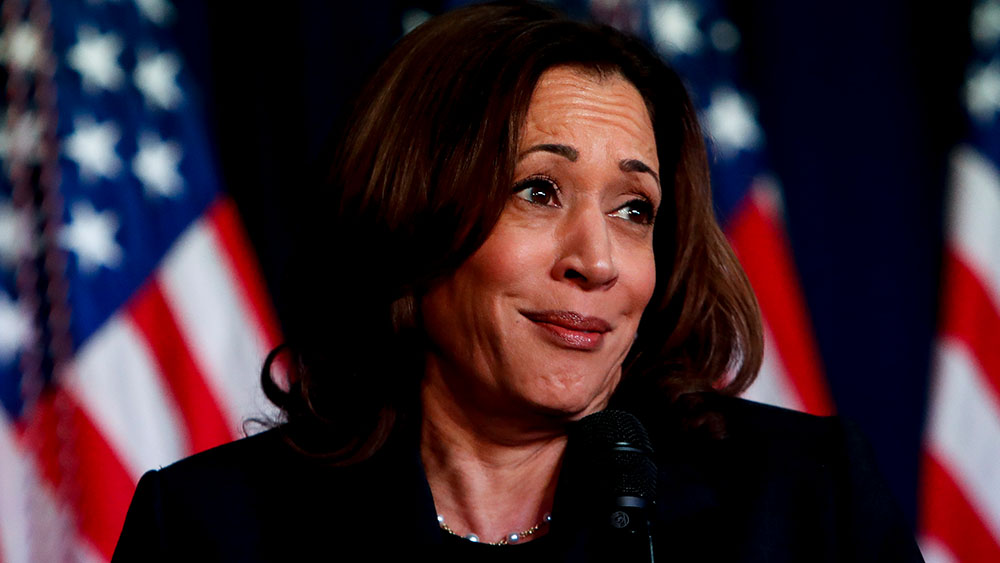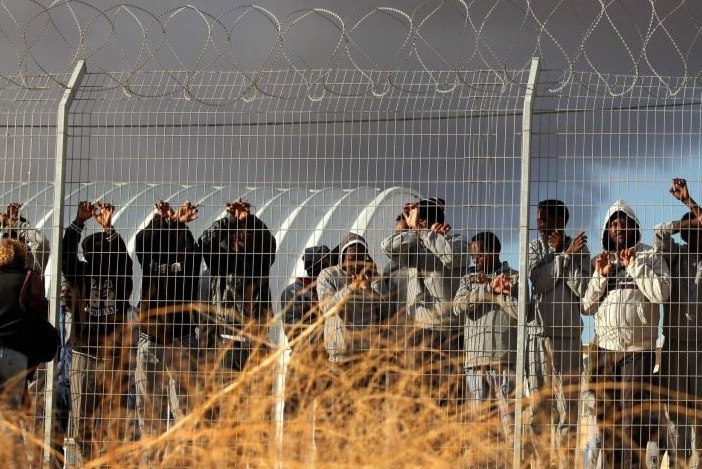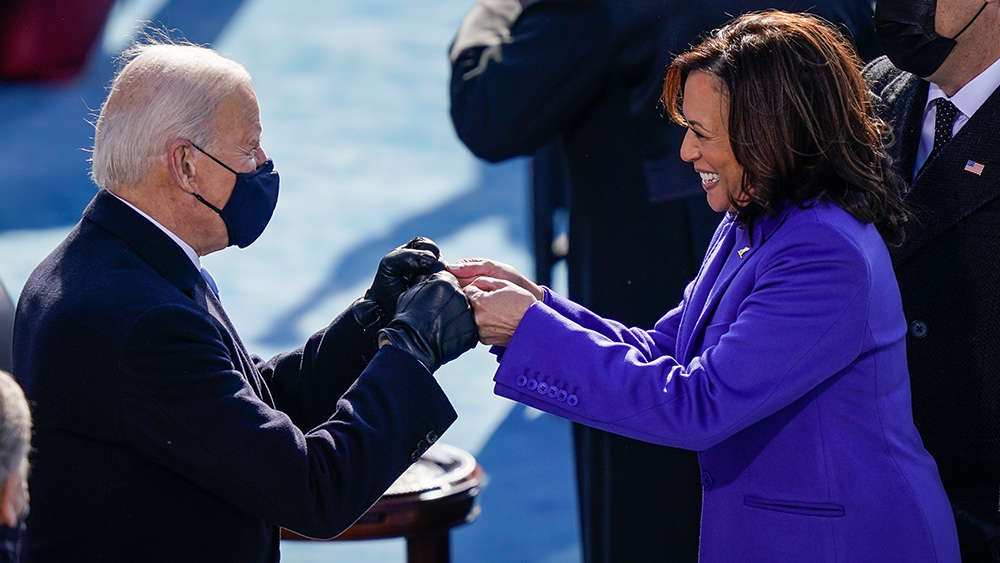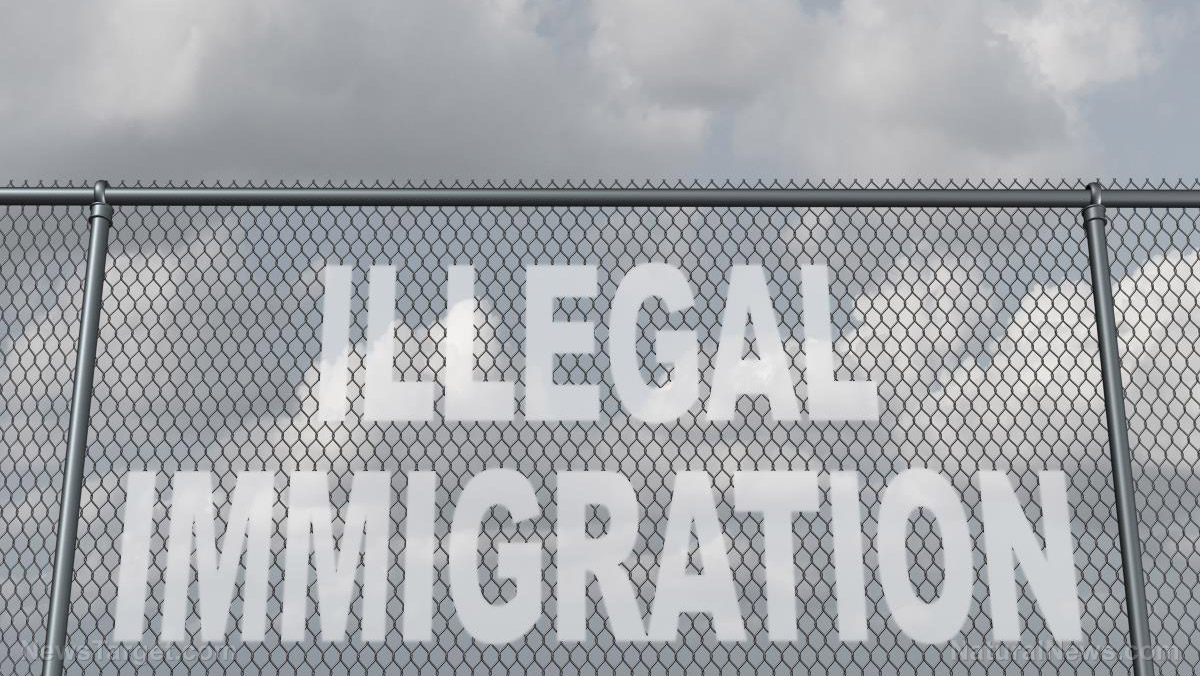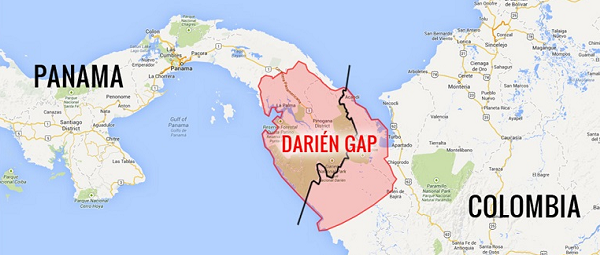Homeland Security report warns CBP One app is riddled with major glitches, security flaws and is unable to properly vet migrants
08/28/2024 / By Arsenio Toledo
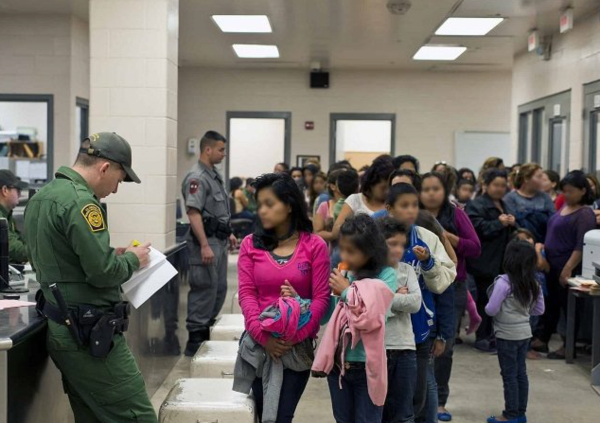
A new audit report from the Department of Homeland Security Inspector General has found that Customs and Border Protection’s (CBP) controversial CBP One app, which allows illegal immigrants seeking legal entry into the United States to schedule appointments with the agency at legal ports of entry, is riddled with issues, including major glitches, security vulnerabilities and an inability to properly vet migrants.
The CBP One app allows noncitizens who want to legally enter the U.S. through one of eight points of entry along the southwestern border to submit “personally identifiable information” to authorities and to schedule appointments in advance of their arrival as a means of expediting the entry process.
Homeland Security’s Office of Inspector General’s report examined whether or not the CBP made adequate preparations when it implemented the CBP One app to help process the massive number of illegal immigrants arriving at the border seeking entry into the United States. (Related: 95.8% of ILLEGAL ALIENS using CBP One app released into the U.S.)
The report noted that CBP “did not formally assess and mitigate the technological risks involved with expanding the application to allow undocumented non-citizens to schedule appointments to present themselves for processing at Southwest border crossings, nor is CBP leveraging the information to identify suspicious trends as part of its pre-arrival vetting procedures.”
The report also accused the CBP of not doing enough quality checks on the CBP One app and not considering critical factors “such as the design of the CBP One Genuine Presence functionality, adequacy of supporting application infrastructure, sufficiency of language translations and equity of appointment distribution.”
“As a result, non-citizens initially using the new feature experienced application crashes, received frequent error messages, faced language barriers, and may not have always had an equal opportunity to secure an appointment,” the report continued.
Information submitted to CBP One app not being used to properly vet migrants
The Inspector General accused CBP of not using the treasure trove of information non-citizens provided through the CBP One app to properly vet them before they arrived at the border.
The report emphasized how CBP is given “biographic and biometric information submitted to CBP One to determine whether arriving noncitizens have derogatory records.” And yet, CBP “does not leverage the information to identify suspicious trends as part of its pre-arrival vetting procedures.”
Among the biggest concerns the audit found was how 208,996 of 264,554 non-citizens – nearly 80 percent – who registered in CBP One between Jan. 12 and Aug. 13, 2023 reported their intention to reside in the same address as another non-citizen despite not being related to them.
The report even identified just seven U.S. addresses that 1,696 noncitizens claimed as their intended residence – an occurrence that the report found suspicious and “potentially relevant to their admissibility determinations.”
“Furthermore, the 1,696 non-citizens did not enter into the United States through the same POEs [points of entry],” continued the report.
“In one particularly striking example, we identified 358 non-citizens who reported the same four-bedroom, single-family home as their intended U.S. residence within an eight-month period … [and yet] no single POE realized the number of non-citizens reporting this suspicious address.”
The Inspector General recommended that CBP develop and implement a proper risk assessment process when developing, expanding or modifying smartphone applications. The report also recommends the introduction of a mechanism to analyze information submitted to the app, specifically to highlight suspicious trends and patterns that may be a sign of fraudulent behavior by users and a means to communicate these suspicious trends to all eight POEs that process CBP One appointments.
Finally, the report recommended that CBP introduce a mechanism to regularly assess CBP One applications and provide sufficient support for infrastructure operating systems to avoid future vulnerabilities and ensure corrective actions are immediately taken when they appear.
The report claims that the CBP leadership concurred with all three recommendations and promised to take action immediately.
Watch this clip of Sen. Roger Marshall (R-KS) slamming the CBP One app as a means to facilitate a migrant invasion of the United States.
This video is from the NewsClips channel on Brighteon.com.
More related stories:
Kamala Harris to reduce illegal immigration by LEGALIZING it, not stopping it.
Sources include:
Submit a correction >>
Tagged Under:
apps, big government, border security, CBP One, chaos, computing, conspiracy, customs, Customs and Border Protection, cyber war, dangerous, deception, Glitch, illegal immigration, information technology, insanity, invasion usa, migrants, national security, Open border, Open Borders
This article may contain statements that reflect the opinion of the author
RECENT NEWS & ARTICLES
COPYRIGHT © 2018 BORDERSECURITY.NEWS
All content posted on this site is protected under Free Speech. BorderSecurity.news is not responsible for content written by contributing authors. The information on this site is provided for educational and entertainment purposes only. It is not intended as a substitute for professional advice of any kind. BorderSecurity.news assumes no responsibility for the use or misuse of this material. All trademarks, registered trademarks and service marks mentioned on this site are the property of their respective owners.

